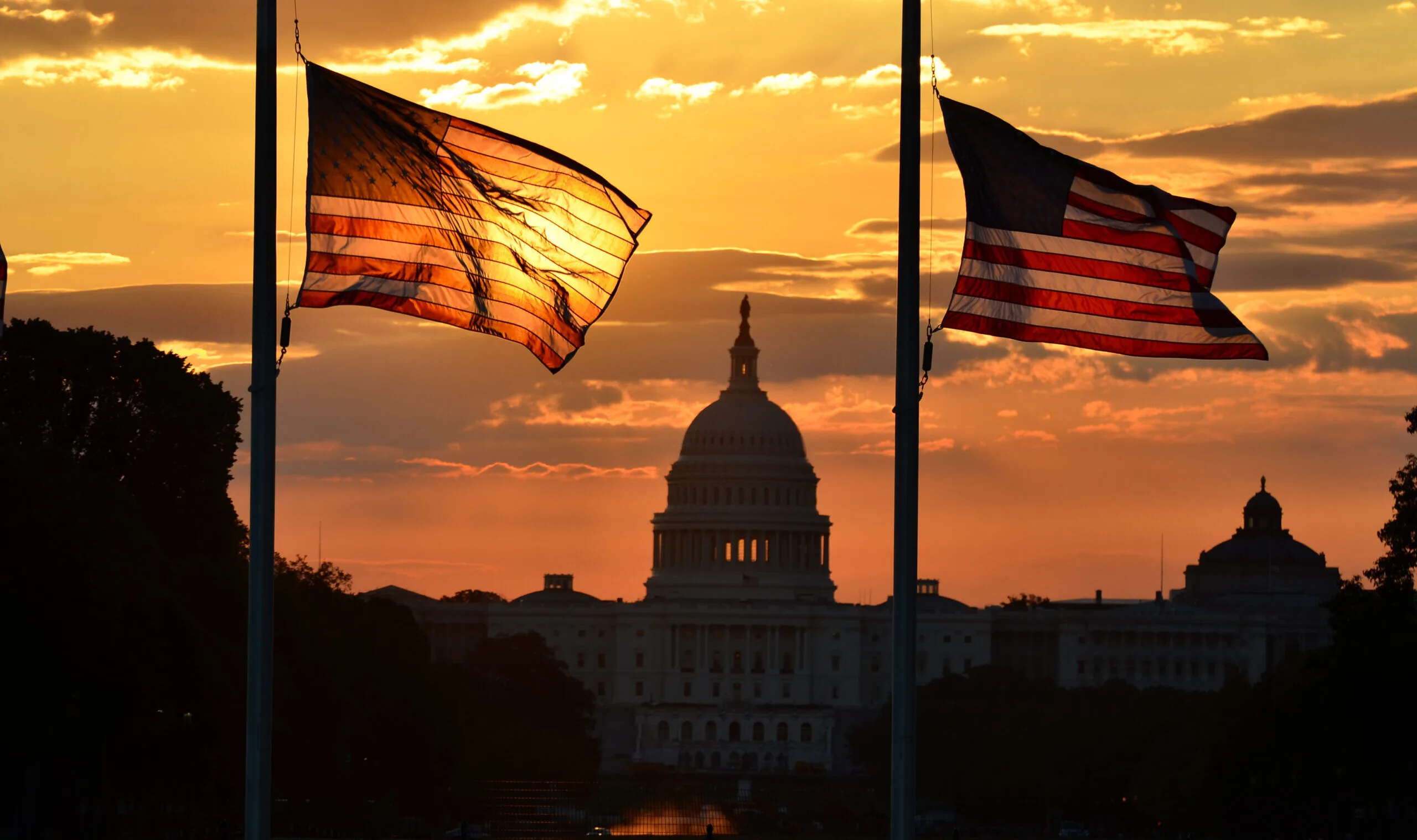The great constitutionalists, from Aristotle to Montesquieu to Madison, believed that the populace should have a voice, but they also thought, with Cicero, that the well-being of the people was the highest law. Survival and flourishing is most important, not pandering to popular passions.
Any small “r” republican knows that a good society divides up power among authorities, repositories, and mysteries, such that all are checked and balanced; neither the bounder nor the mobile vulgus can become tyrannical. Pluralist theory seeks both safety and stability in multiplicity. The wisdom of crowds—and brokering institutions.
You must log in or register to comment.

